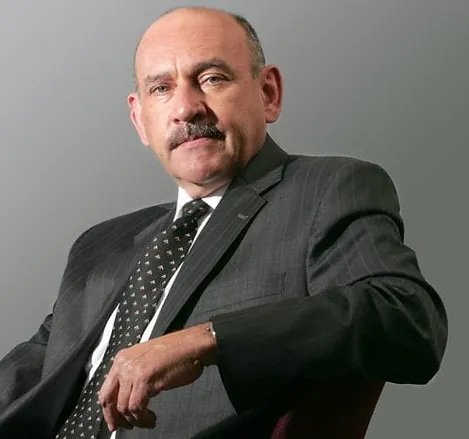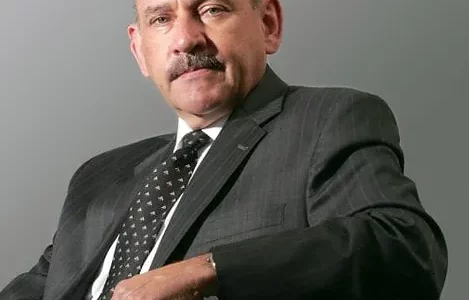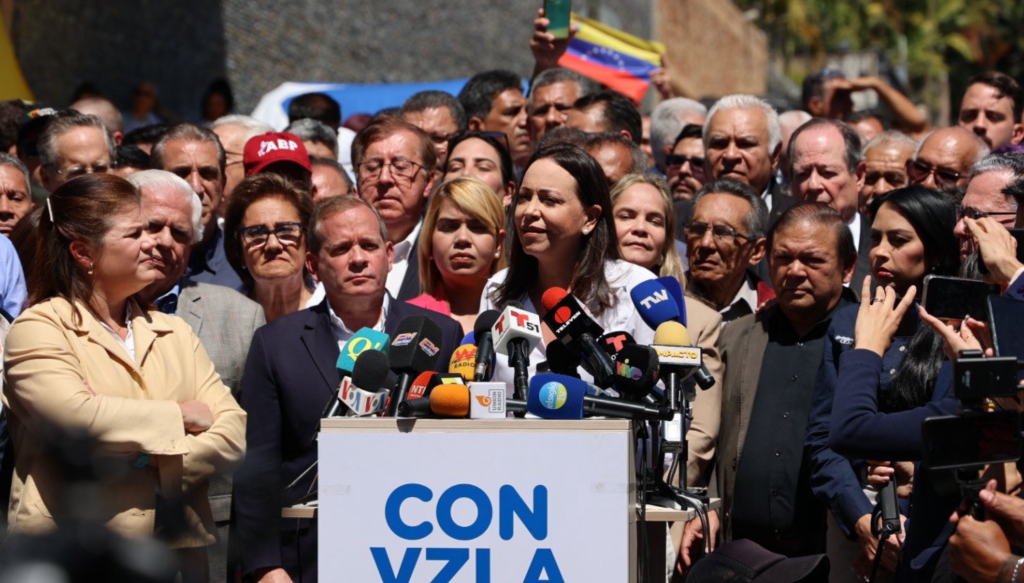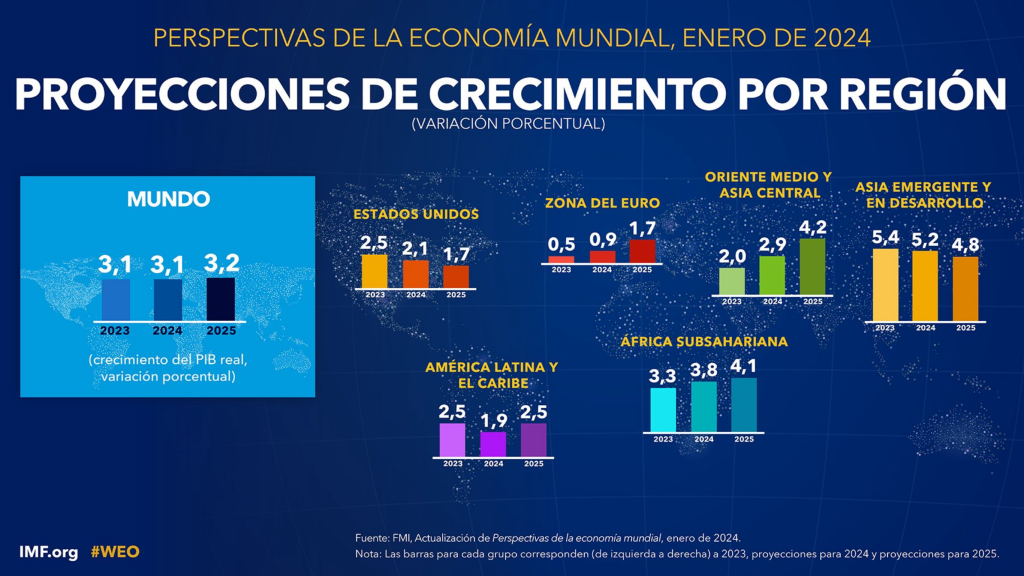ELIDES ROJAS
MARÍA CORINA MACHADO INSISTS: 'I WILL GO ALL THE WAY'

Caracas, Venezuela
“I will register with the National Electoral Council, I will be a candidate and I will beat Maduro in this year’s elections”, said María Corina Machado a couple of days after the Venezuelan government ratified, through a decision of the ruling majority Supreme Court of Justice, like all Venezuelan public powers, the administrative decision of the Comptroller General of the Republic prohibiting the opposition candidate to register as a candidate for the presidency of the republic this year against Chavism.
Machado, an abstentionist for many years in recent Venezuelan history, ran as a candidate in the opposition primary elections of October last year and won with more than 90% of support and almost three million votes. She had already been disqualified a few months earlier for the second time. In 2015 was the first time the government prevented her from being a candidate, that time in the lists of deputies to the National Assembly.
Eight years ago, Machado was administratively sanctioned for not declaring as income some per diems in the exercise of her seat as deputy and for not accounting for a food voucher that she never received. That sanction was for one year. And before the primaries of 2023, she was disqualified again, by the same administrative body, for 15 years, a decision that was reviewed with a sentence against her a few days ago. María Corina insists on continuing with her aspirations, as she declared only this Monday, January 29 and added that she is evaluating the next steps.
It is worth mentioning that Consultores 21, a prestigious national consulting firm, assured that in its last field work, 70% of the country is in favor of the cessation of disqualifications as a resource of the government to eliminate opponents. Henrique Capriles Radonsky, twice presidential candidate, also received a sentence ratifying his last disqualification.
DISQUALIFICATION AS A RESOURCE
Opposition analysts affirm that the action of disqualifying opposition candidates, a modality widely used in Nicaragua, undermines democracy and the rule of law and becomes a formidable form of political persecution.
The ruling of the Supreme Court of Justice, in response to a review action introduced by María Corina Machado in which she requested a precautionary measure that would allow her to be a candidate, was substantiated by the government with a numerous list of alleged crimes committed by Machado ranging from her support to the 2002 oil strike to her support to opposition leader Juan Guaidó, currently in exile in the United States.
Reactions against the ban on Machado’s participation in the elections have not been long in coming. The OAS assured that it is another demonstration of the dictatorial nature of the Venezuelan regime. The United States, the United Kingdom, Argentina, Ecuador, Honduras, Guatemala, El Salvador, expressed their rejection and assured that it is a step that directly attacks the bilateral agreements between the government and the opposition recently signed in Barbados.
The United States revoked the measure that allowed Venezuela to negotiate and invoice gold through the state-owned company Minerven and reinstated the previously existing sanction. This prohibition action will take effect in February 2024. Also, the U.S., through declarations of White House spokespersons, gave Venezuela until April to execute two fundamental measures, according to the official statement: to allow free and fair elections without disqualified persons and, as a complement, to order the release of more than 300 political prisoners among civilians and military that the Venezuelan regime keeps in its jails.
THE BARBADOS AGREEMENT
In 2023, both the Venezuelan government and the opposition representatives achieved the signing of an important agreement which basically cleared the ground for fair elections and without official obstacles, the release of a large number of political prisoners, on the one hand, and the commitment of both parties to carry the bases of the agreement to a successful conclusion, on the other hand. This implied the elimination of political disqualifications, a matter now denied by the regime, and allowing the opposition to operate without persecution. This has not happened. Up to 23 new political prisoners have been produced in the last days.
For the time being, it is foreseen that the parties will separate even more in their positions, aggravating the polarization. More prisoners and more persecuted are clear in the picture. Surely more sanctions and less freedom for the electoral process also emerge in the immediate future.
ROAD TO THE ELECTIONS
The Barbados pact, between the regime and the opposition, also included the probable date of elections for this 2024 in Venezuela and they agreed that they would be held in the second semester of this year always under the concept of free, competitive and fair elections without official advantage.
The general framework for the regime is quite complicated under a general situation in which the basic food basket costs around 550 dollars while the minimum salary and the pensions of retirees and pensioners are at almost four dollars and the average family income does not exceed 200 dollars. On the other hand, there is a crisis of gasoline, electric energy, services and hospital system already endemic and without governmental action. Not to mention inflation and the general framework of the economy with important peaks of food and medicine shortages.
María Corina Machado appears with a 90% approval rating in the most important polls, while Maduro receives 85% of popular rejection. This is the picture drawn by the disqualifications and behaviors of the government.
A critical year for the immediate Venezuelan future.
————
Elides Rojas, Venezuelan journalist and lawyer, former director of the Caracas newspaper El Universal.
This text is for free use. If you use it, please cite the author and EditoRed.



